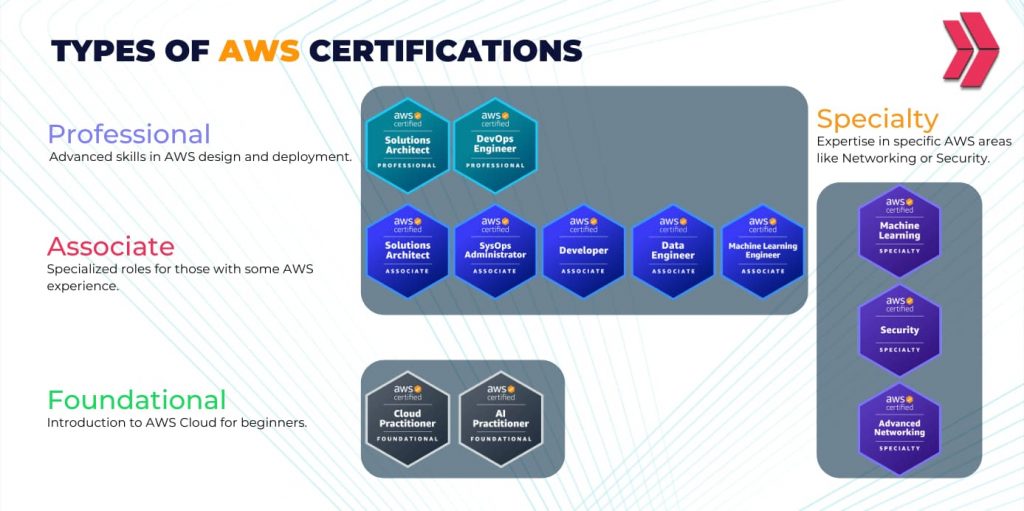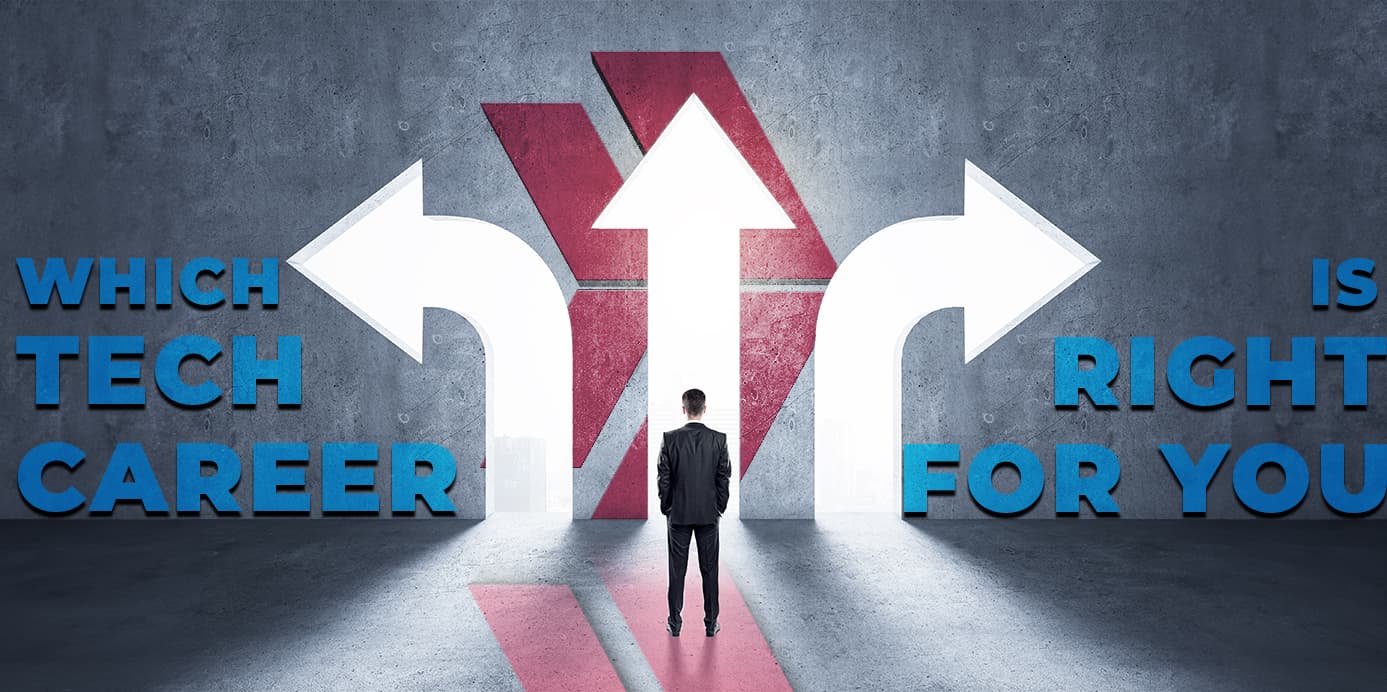AWS certifications offer a way to validate your skills and grow in cloud computing. By learning about the different certification paths, you can choose one that aligns with your goals. Gaining a deep understanding of core AWS services and applying them through hands-on practice will strengthen your expertise. Certification success also requires preparation through reliable study materials, practice tests, and real-world projects.
As a DevOps engineer at Nioya Tech LLC, I have firsthand experience working in cloud computing and DevOps practices. AWS certifications validate your skills in cloud computing and help IT professionals advance their careers. In this post, I will share practical tips to help you earn AWS certifications based on my journey.
What are the Steps to Achieve AWS Certification?
Here is an overview of the steps:
- Understand AWS Certifications.
- Choose the Right Certification.
- Learn AWS Basics.
- Gain Hands-On Experience.
- Use Study Resources.
- Take Practice Tests.
- Join Study Groups.
- Register for the Exam.
Step 1: Understand AWS Certifications
AWS offers certifications for various roles and skill levels. These certifications are divided into four levels:
1. Foundational Level:
- AWS Certified Cloud Practitioner
- AWS Certified AI Practitioner
2. Associate Level:
- AWS Certified Solutions Architect – Associate
- AWS Certified Developer – Associate
- AWS Certified SysOps Administrator – Associate
- AWS Certified Data Engineer – Associate
- AWS Certified Machine Learning Engineer – Associate
3. Professional Level:
- AWS Certified Solutions Architect – Professional
- AWS Certified DevOps Engineer – Professional
4. Specialty Level:
- AWS Certified Advanced Networking – Specialty
- AWS Certified Security – Specialty
- AWS Certified Machine Learning – Specialty

Step 2: Choose the Right Certification
Identify which certification suits your goals. If you are new to AWS, start with the Cloud Practitioner certification. For more advanced roles, consider associate or professional-level certifications. Specialty certifications are ideal if you want to focus on specific fields like data analytics or security.
Step 3: Learn AWS Basics
Start by learning the core AWS services:
- EC2: Virtual servers.
- S3: Object storage.
- IAM: Access management.
- RDS: Relational databases.
AWS documentation is a valuable resource for understanding these services.
Step 4: Gain Hands-On Experience
Practical experience is crucial for AWS certifications. Use the AWS Free Tier to explore services and test real-world scenarios. At Nioya Tech LLC, I’ve worked on projects that required deploying applications, configuring networks, and managing storage—skills that directly align with certification content.
Step 5: Use Study Resources
Invest in reliable learning resources:
- AWS Training Portal: Access official courses and practice exams.
- Online Courses: Platforms like A Cloud Guru and Udemy offer AWS training.
- Books: Study guides for specific certifications are helpful for exam preparation.
Step 6: Take Practice Tests
Practice tests improve your confidence and highlight areas where you need improvement. Platforms like Whizlabs and Tutorials Dojo offer realistic exam questions. Use these tests to familiarize yourself with the exam format.
Step 7: Join Study Groups
Study groups help you stay motivated and learn from others. Join AWS certification forums or local meetups. Engage with communities on platforms like LinkedIn and Reddit. I’ve personally benefited from discussions and resource sharing within my professional network.
Step 8: Register for the Exam
When you feel ready, register for the exam on the AWS Training and Certification portal. Choose between testing at a center or online proctoring. Prepare your workspace if you opt for an online exam.
Tips From a DevOps Engineer
Here are the tips from a DevOps engineer:
- Plan Your Study Time: Allocate specific times for learning and stick to your schedule.
- Focus on Core Services: Services like EC2, S3, and IAM are commonly tested.
- Use Hands-On Labs: Practice scenarios that mimic real-world AWS tasks.
- Review Mistakes: Analyze errors in practice tests to avoid repeating them.
- Stay Consistent: Regular practice leads to better retention and understanding.
In this video you can find the answer to the question “How To Become A DevOps Engineer?”
Final Thoughts
At Nioya Tech LLC, I’ve seen how AWS certifications can boost career prospects and validate cloud expertise. With dedication and a structured approach, you can achieve your certification goals and excel in cloud computing.
FAQs
What does an AWS DevOps Engineer do?
An AWS DevOps Engineer bridges the gap between development and operations by automating workflows, ensuring deployment efficiency, and maintaining system stability. The AWS DevOps Engineer role involves automating workflows, ensuring deployment efficiency, and maintaining system stability.
What is the average salary for an AWS DevOps Engineer?
Salaries for AWS DevOps Engineers vary by location. In the US, the average salaries ranging from $114K to $169K annually. To learn more about salary, you can read our article “How Much Is an AWS & DevOps Engineer Salary in 2024?”
What should I know about the AWS Certified DevOps Engineer exam?
The AWS Certified DevOps Engineer exam evaluates your ability to automate AWS environments, manage continuous delivery systems, and ensure operational excellence. It covers topics like deployment strategies, monitoring and logging, high availability, and disaster recovery. To succeed, you should have a solid understanding of AWS services, infrastructure as code (IaC), and DevOps best practices. For more information you can read our article titled “The AWS Certified DevOps Engineer Exam: A Complete Guide“.
What is the AWS certification path?
AWS certifications are organized into four levels: Foundational, Associate, Professional, and Specialty. Each level targets specific skills, from basic AWS knowledge to advanced cloud architecture and specialized domains like security or machine learning. You can start at any level based on your experience and goals. You can explore the certification path with our article “AWS Certification Path: Which Certificate Is Right for You?”
Can You Get An AWS Job With No Experience?
Yes, it is possible to get an AWS job without prior experience. To get an AWS job, focus on gaining foundational AWS skills through hands-on practice, certification, and project-based learning. Entry-level positions like Cloud Support Associate or Junior Cloud Engineer are ideal for beginners, as they provide opportunities to grow while working in the cloud environment.
How should I choose the right AWS course?
Focus on a course that aligns with your career goals, offering hands-on labs and real-world examples. Tips for choosing an AWS course can be found “How To Choose An AWS Course?”.




